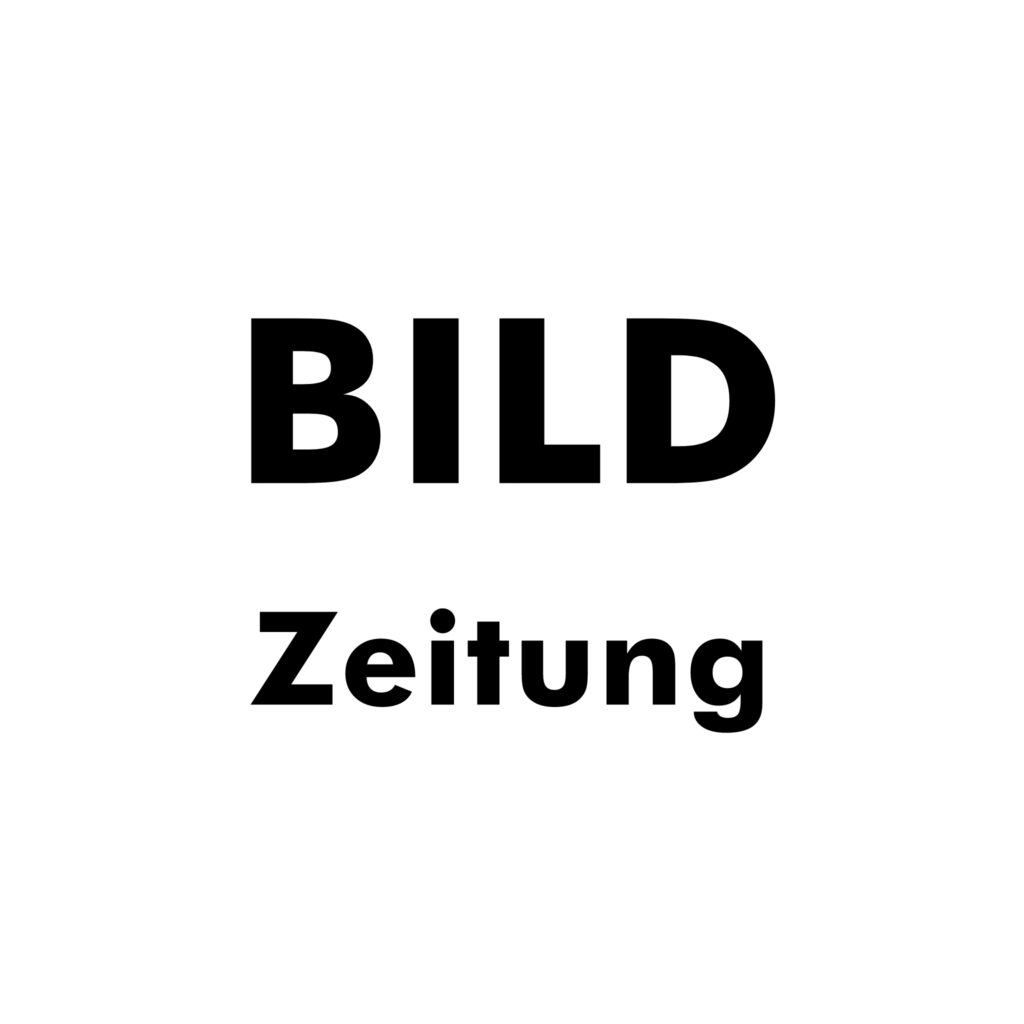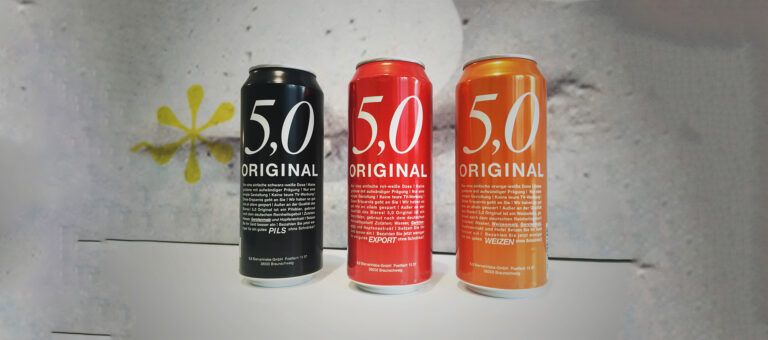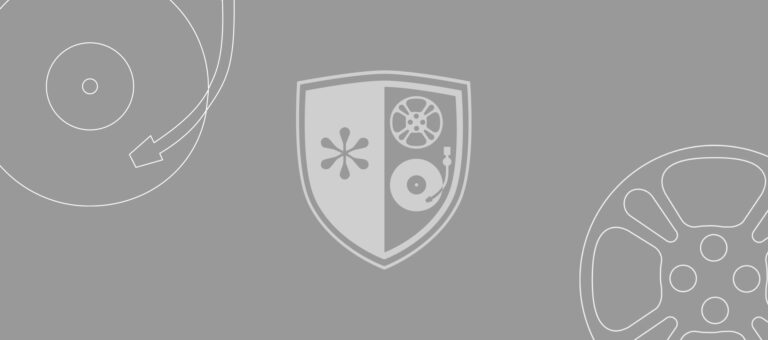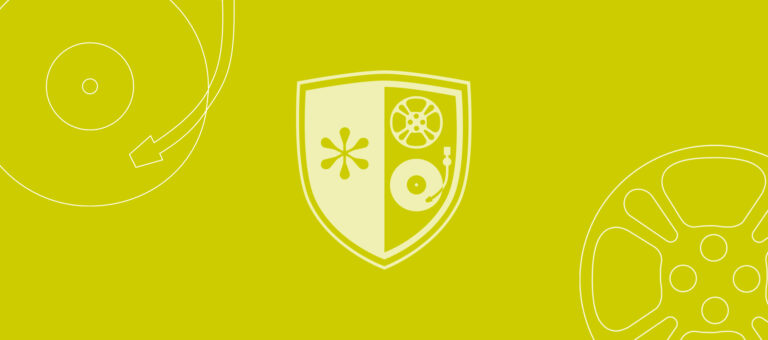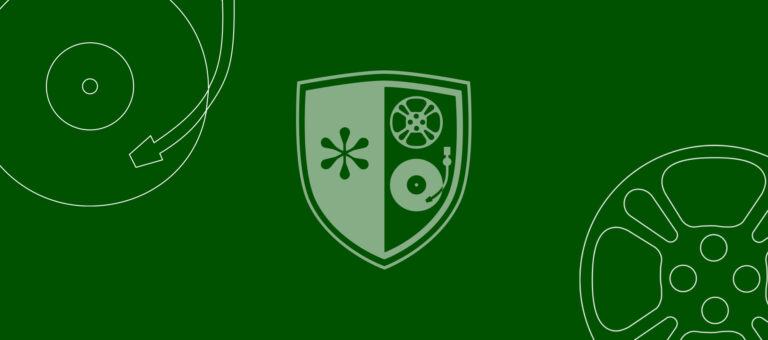Lawyer for copyright & media law
Copyright: We are your reliable partner
Copyright law and more: Specializing in business strategies, contracts and disputes for over 20 years. We advise, represent and protect you in this area and find tailor-made solutions.
That speaks in favor of working with us:
- Specialization in copyright and media law since 2003
- A lot of experience with creative works
- Fair, transparent fee structure
- High assertiveness of your interests in copyright law
- 5,000+ mandates processed
- Fast appointment
- Non-binding mandate requests
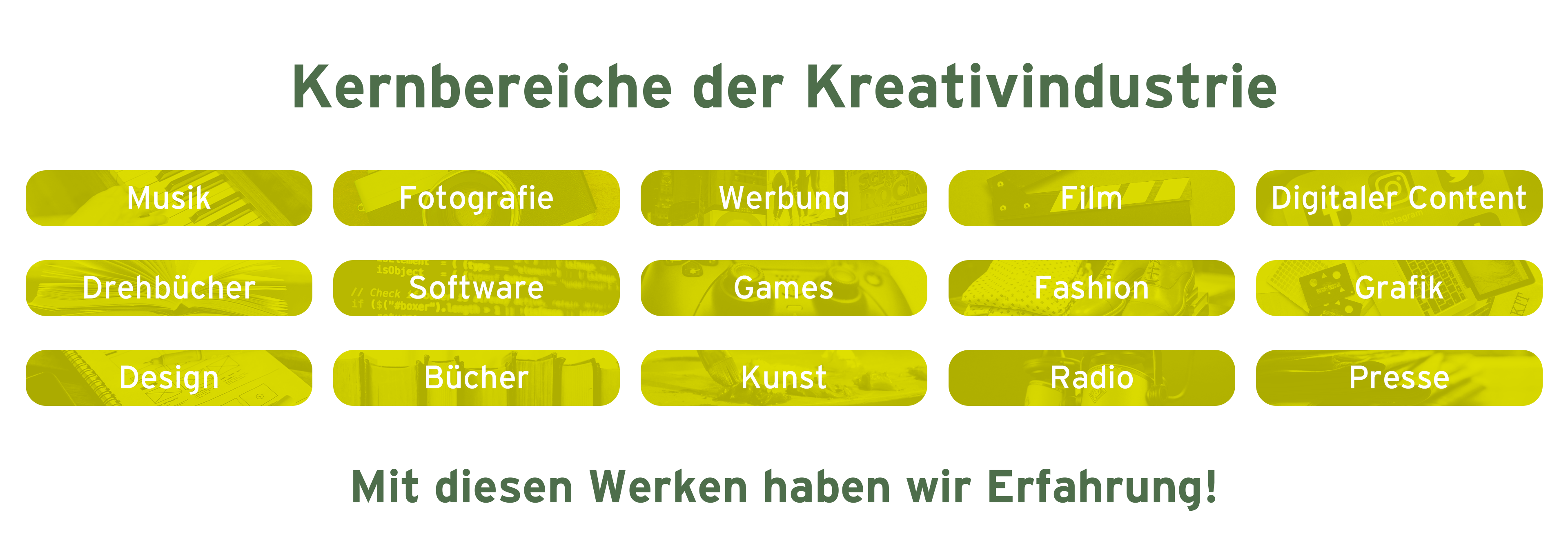
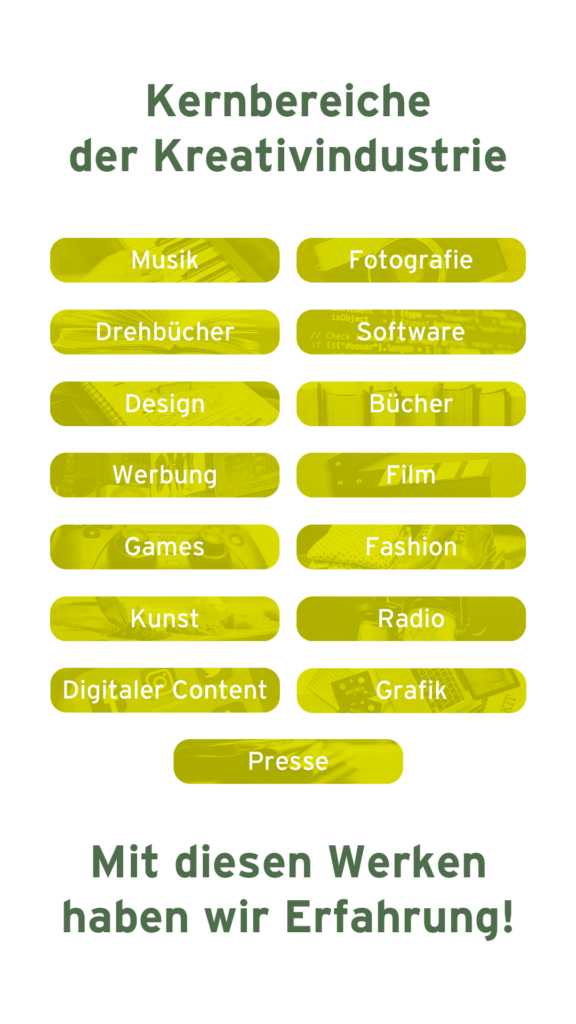
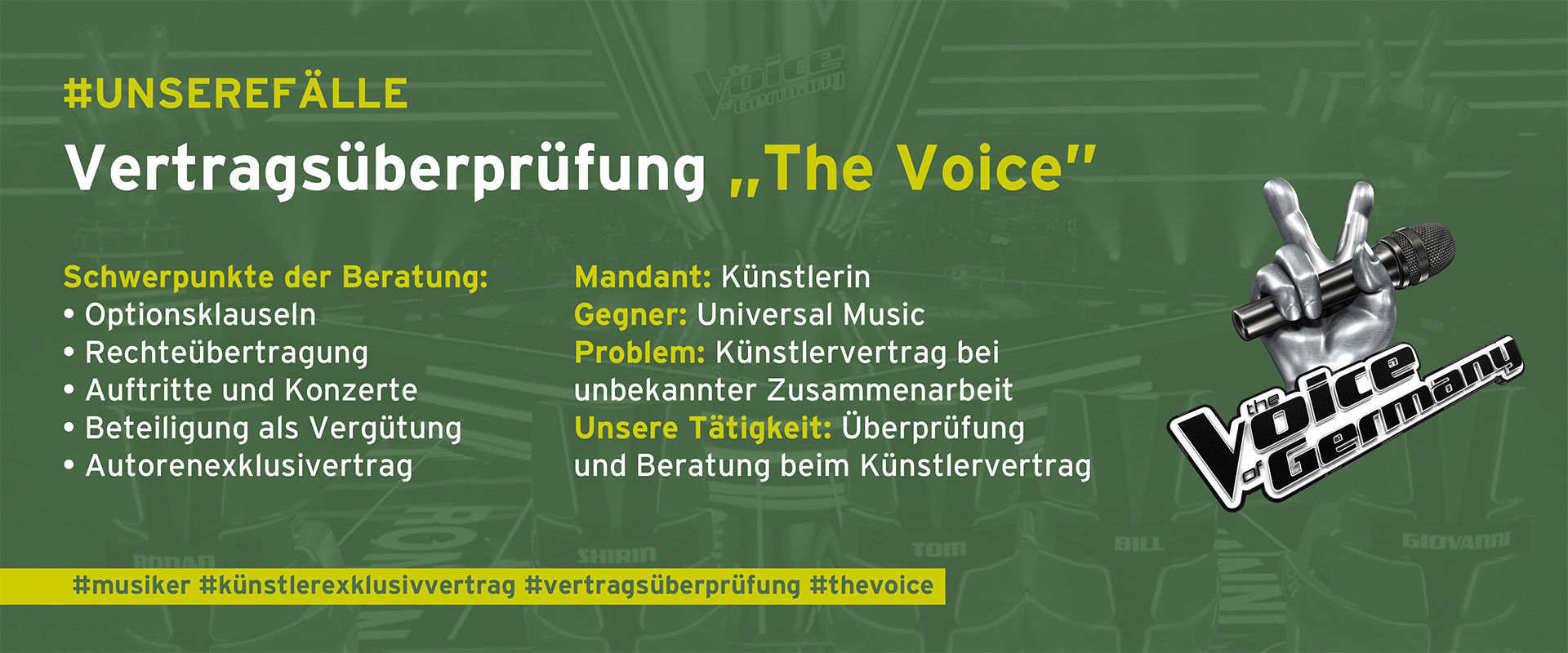
Our areas of activity in copyright law
Strategic advice on copyright protection
- Advice on product development
- Advice on productions
- Advice on cooperations
- Advice on legality/illegality
- Advice on the latest case law
Copyright contracts
- Preparation of contracts of any kind
- Review of copyright agreements
- Contract negotiations
- AGB creation
Dispute resolution Copyright
- Copyright disputes
- Allegations of plagiarism
- Reasonable remuneration in copyright law
- Employment relationship/copyright
- Parody/Satire
- International copyright infringements
- Warning letters in copyright law
- interim injunctions
Copyright reviews & advice
- Copyright check
- License agreements
- Copyright agreements
- Rights of use
- Creation level
Your contact for copyright
Patrick Rehkatsch
- Attorney at law since 2003
- Specialist lawyer for copyright and media law since 2010
- Legal clerkship at the Regional Court of Cologne & Cultural Office of the City of Cologne
- Legal advice music association
Memberships with:
- International Association of Entertainment Lawyer’s (IAEL)
- Working Group Intellectual Property & Media (German Bar Association)
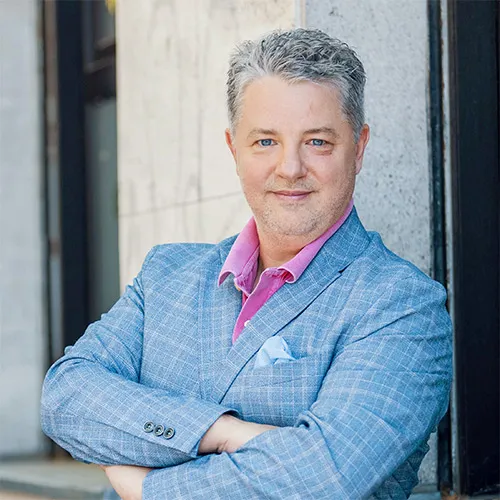
What our clients say
REHKATSCH ATTORNEYS AT LAW
AUSGEZEICHNETTrustindex überprüft, ob die Originalquelle der Bewertung Google ist. Mir wurde sehr sehr gut weiter geholfen. Daumen hoch!Gepostet aufTrustindex überprüft, ob die Originalquelle der Bewertung Google ist. Ich bin selbst Rechtsanwalt und habe Herrn Rehkatsch bereits mehrfach Mandanten vermittelt. Die Rückmeldungen waren durchweg positiv: kompetent, engagiert und lösungsorientiert. Auch im kollegialen Austausch stets verlässlich, professionell und fair. So wünscht man sich die Zusammenarbeit unter Kollegen – klare Empfehlung!Gepostet aufTrustindex überprüft, ob die Originalquelle der Bewertung Google ist. Ich hatte eine ausgezeichnete Erfahrung mit dieser Kanzlei. Das Team ist äußerst organisiert, freundlich und verfügt über tiefgehendes Fachwissen im Bereich Musikrecht. Sie nehmen sich die Zeit, das Anliegen und die individuellen Bedürfnisse ihrer Mandanten genau zu verstehen und bieten kompetente, maßgeschneiderte Beratung. Die Kommunikation war stets klar und professionell. Wer eine zuverlässige und engagierte Anwaltskanzlei im Musikrecht sucht, ist hier in den besten Händen. Absolut empfehlenswert!Gepostet aufTrustindex überprüft, ob die Originalquelle der Bewertung Google ist. Sehr kompetent, hilfsbereit und auch immer erreichbar. Vor allem sehr freundlich!Gepostet aufTrustindex überprüft, ob die Originalquelle der Bewertung Google ist. Super Anwalt!Gepostet aufTrustindex überprüft, ob die Originalquelle der Bewertung Google ist. In unserer täglichen Arbeit als Digitalagentur mit Social Media-Schwerpunkt können wir uns immer auf die Expertise und Beratung von Patrick Rehkatsch und seinem Team verlassen. Wir können die Kanzlei ohne Einschränkung weiterempfehlen.Gepostet aufTrustindex überprüft, ob die Originalquelle der Bewertung Google ist. Vielen Dank für die umfassende Beratung!Gepostet aufTrustindex überprüft, ob die Originalquelle der Bewertung Google ist. Danke für die schnelle und unkomplizierte Unterstützung!Gepostet aufTrustindex überprüft, ob die Originalquelle der Bewertung Google ist. Vielen Dank für die schnelle, kompetente und unkomplizierte Unterstützung!
Entrust us with your copyright:

Contact
Get in touch with us by phone, email, WhatsApp or via our contact form. Or arrange a direct appointment.
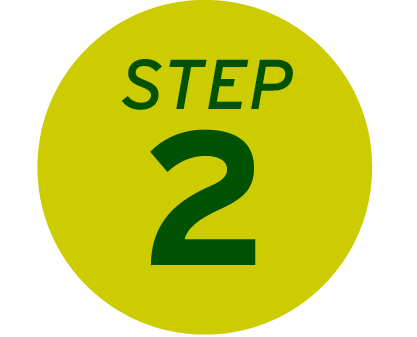
Initial consultation
We will answer your initial questions on copyright law immediately or offer you appointments for further advice if necessary.
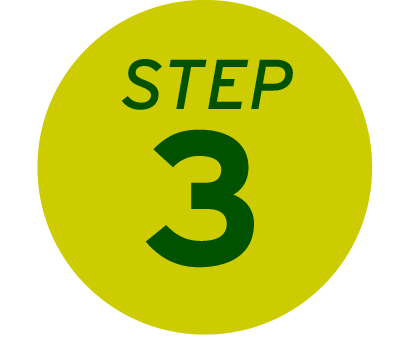
Cost calculation
We use the information from the consultation to calculate the expected costs for you.
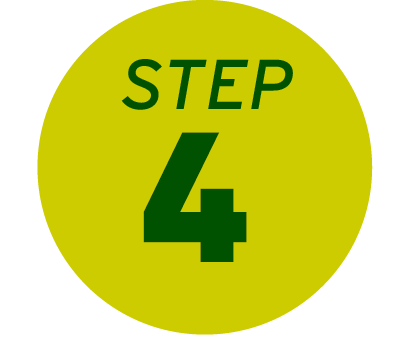
Business activities
Upon acceptance of our offer (granting of power of attorney & written assignment), we begin with the commissioned activities.
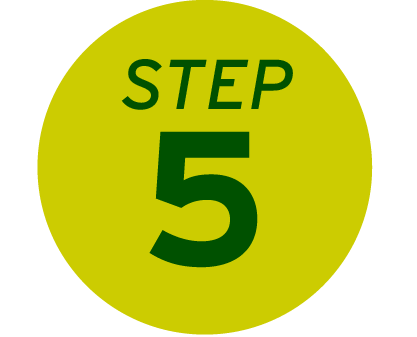
Invoicing
We invoice approved costs as an advance. We issue interim invoices for longer activities. We invoice to the minute and you receive comprehensive activity reports.
Contact form

Lukas Rieger
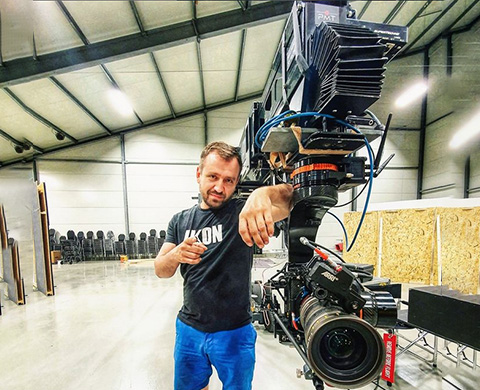
Daniel Zlotin (Filmproduzent)
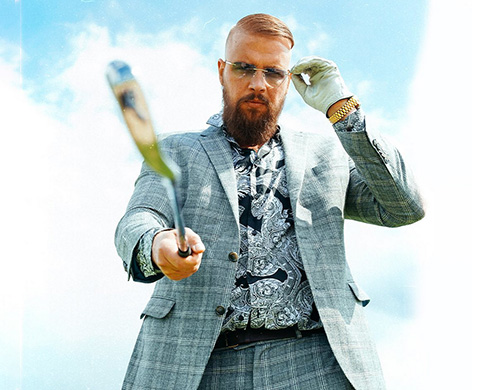
Kollegah
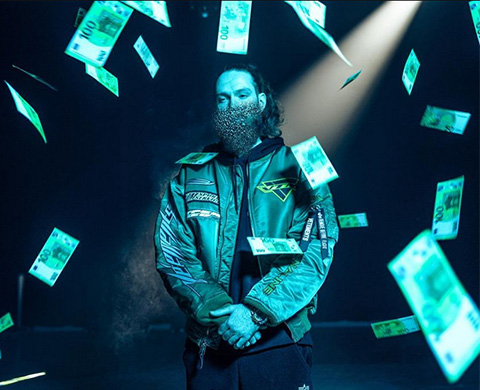
Sun Diego

DJ Kid Chris
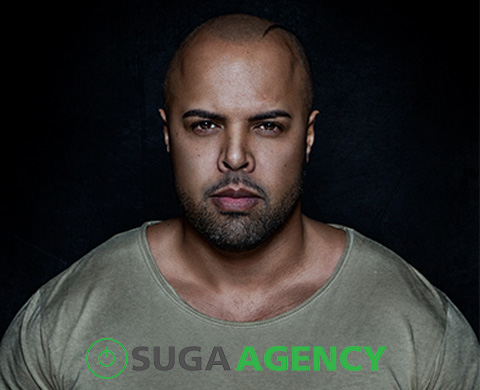
AKAY / SUGA AGENCY

GEMBALLA

Sky & Tami (Influencer)

Pamela Anderson
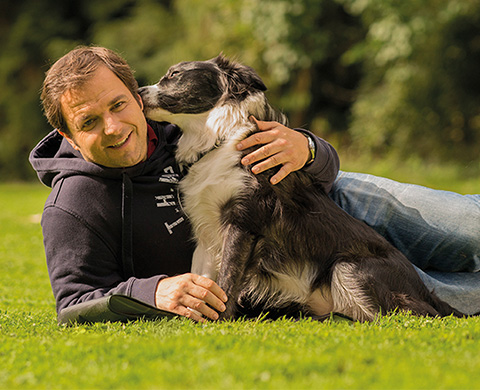
Martin Rütter

Lorenz Büffel

Katie Price
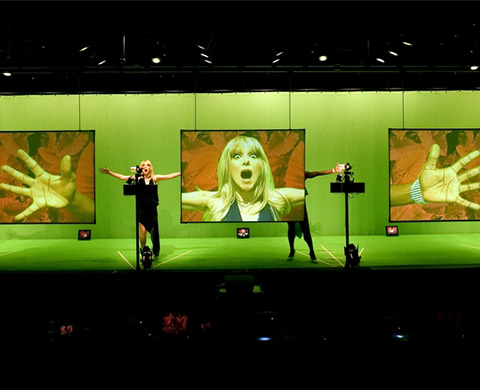
Caden Manson / Big Art Group New York (Theaterproduktion)

Oliver DeVille (Musikproduzent)
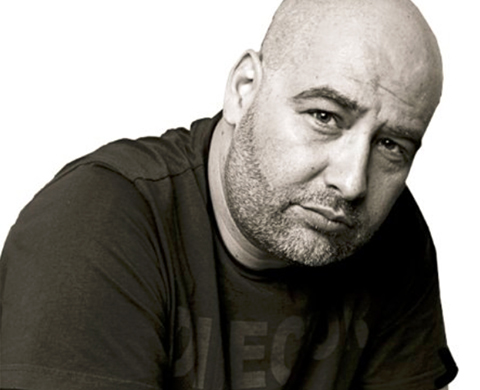
Jan van der Toorn (Musikproduzent)

Demodern – Digital Agency
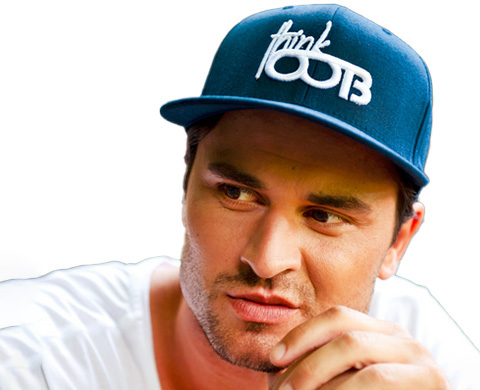
Milos Vucovic (Schauspieler)
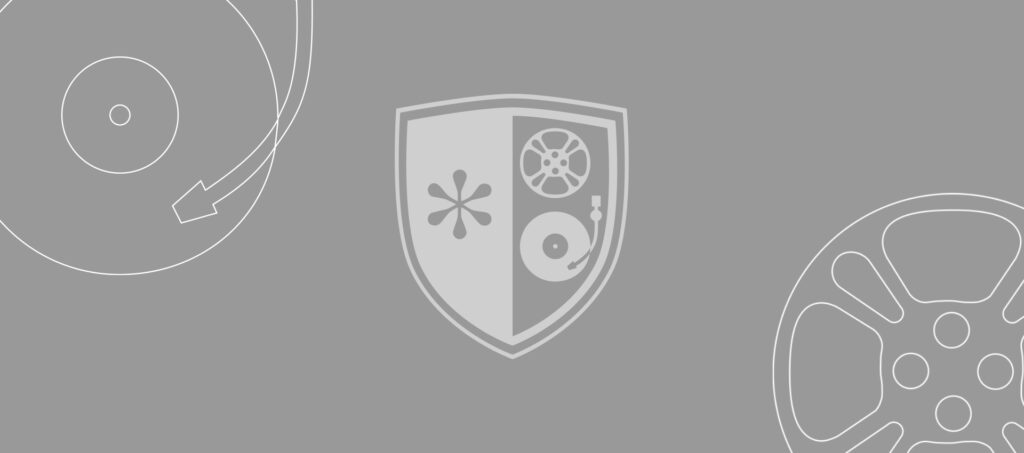
DJ Meduza
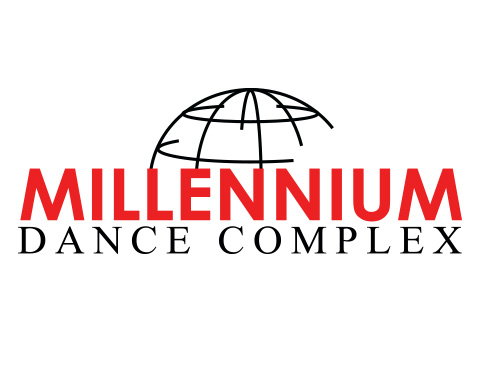
Millennium Dance Complex Germany
CASES
More about copyright:
Copyright FAQs
Copyright refers to all rights that protect the author of works of film, photography, music, literature, art or science.
Literatur (z. B. Romane, Gedichte, Essays), Musik (z. B. Lieder, Instrumentalstücke, Symphonien), Bildende Kunst (z. B. Gemälde, Skulpturen, Fotografien), Film und Audio (z. B. Filme, Fernsehshows, Webvideos), Dramatische Werke (z. B. Theaterstücke, Drehbücher, Sketche), Architektur (z. architecture (e.g. buildings, bridges, monuments), computer programs and software (e.g. program code, applications, algorithms), choreographies (e.g. dance routines, movement sequences), science (e.g. research papers, scientific articles), cartography (e.g. maps, atlases).
As soon as you create an original work, i.e. embody an idea in your head (for example through sheet music, graphics, writing, sound, images, etc.), this work is automatically protected by German copyright law. In case of doubt, however, it is up to you to prove that your work was created before any other similar or identical work and that it also has a certain level of creativity. Theoretically, a work can also be registered as an author at the patent office, but this is rarely done.
Copyright expires seventy years after the death of the author (Section 64 UrhG https://www.gesetze-im-internet.de/urhg/__64.html). Special terms of protection apply to ancillary copyrights, e.g. 70 years from publication for image and sound recordings by performing artists or for producers of a sound recording (§ 82 and § 85 UrhG).
In Germany, copyright claims are usually subject to the standard limitation period. This is usually three years. However, there are also limitation periods of 5 or 10 years. This must be checked and determined in each individual case.
The exploitation rights are regulated in copyright law in §§ 15 ff. UrhG (German Copyright Act). These are, for example, the reproduction right, distribution right, exhibition right, performance right, right of making available to the public, broadcasting right, etc.
The exploitation rights are regulated in copyright law in §§ 15 ff. UrhG (German Copyright Act). These are, for example, the reproduction right, distribution right, exhibition right, performance right, right of making available to the public, broadcasting right, etc.
It is the use of works on the Internet, see § 19a UrhG.
Moral rights, also known as moral rights, refer to the specific rights that an author or creator of a work has to protect the integrity and recognition of their work. It is a legal construct that emphasizes the moral and personal interest of the author in protecting their creation.
-
Right to recognition of authorship (right to be named, Section 13 UrhG): The author has the right to be recognized as the creator of the work. This means that his name or pseudonym must be mentioned in connection with the work.
-
Right to the integrity of the work: The author has the right to take action against modifications or distortions of his work that could damage his reputation or honor. This also includes the right to take action against modifications that distort the original intention of the work or diminish its quality.
-
Right of publication: The author has the right to decide when and how their work is published. They can determine whether the work is made available to the public and under what conditions.
-
Right of withdrawal: Under certain circumstances, the author may have the right to withdraw his work from circulation or to stop further distribution, in particular if the work is used in a way that is harmful to the author or incompatible with his moral convictions.
According to Sections 32 et seq. of the German Copyright Act (UrhG), “equitable remuneration” refers to the financial compensation to which an author or rights holder is entitled for the use of their copyrighted work. This concept applies when the work is used by another party, for example by licensing, granting rights of use or otherwise using the work.
Sections 32 et seq. of the Copyright Act set out the principles according to which the appropriate remuneration is calculated and how it is determined between the parties involved. The most important aspects include:
-
Amount of remuneration: The amount of the appropriate remuneration must be fair and take appropriate account of the economic value of the use of the work. It should take appropriate account of the interests of the author or rights holder and compensate them for the use of their work.
-
Right to remuneration: The author or rights holder is entitled to appropriate remuneration for the use of his work, unless otherwise agreed.
-
Determination of remuneration: The appropriate remuneration can be determined in various ways, including tariffs, lump sum payments, percentages of revenue or other agreed methods.
-
Participation of the author: The author has the right to receive an appropriate share of the income from the use of his work, unless otherwise agreed.
Depending on the situation, you may be entitled to claims for damages or injunctive relief or even claims for destruction. These can be asserted out of court, for example by means of a warning letter. Alternatively, they can be enforced in court. We will be happy to advise you on this.
The transfer of copyright (transfer of rights) can only take place in the event of inheritance. During one’s lifetime, one speaks rather of the granting of rights of use under copyright law, namely in terms of territory, time and content. We are at your disposal for advice and the drafting of copyright usage agreements.
Both rights protect intellectual property – but different aspects. While copyright arises automatically with the creation of a literary or artistic work, trademark rights only come into being after the registration of a trademark, a slogan, a logo or other signs or, for example, the founding of a company or the use of a work title.
The consequences of copyright infringement can be manifold. Possible consequences include
- Warning letters & injunctive relief
- Claims for damages
- Legal proceedings incl. lawyer’s fees
- Confiscation & destruction of copyright infringing products
- Criminal sanctions
- Reputational damage
- Contractual penalties
- License fees & additional payments
The right to quote is an important element of copyright law that allows excerpts from a copyrighted work to be used without obtaining the author’s consent. It allows other people to quote short passages or excerpts from a work, for example to refer to the work, comment on it, analyze it or criticize it.
The editing right in copyright law refers to the right of the author or rights holder of a work to change, adapt or otherwise edit this work, Section 23 UrhG. It gives the author the right to change the content or form of their work in order to adapt it to new contexts, create new versions or develop creative variations. Editing creates a new “editing right”. Editing is only permitted with the author’s consent.
The German Copyright Act generally permits the creation of private copies under certain conditions. According to § 53 UrhG, private copies are permitted for personal use as long as they are not used for commercial purposes. The most important conditions for private copies under German copyright law are
-
Personal use: The copy may only be made for the personal use of the person making the copy.
-
No commercial use: The copy may not be used for commercial purposes. For example, it may not be sold, rented or otherwise passed on for payment.
-
Legally acquired original: The original for the private copy must be a legally acquired original copy of the work. This means that the person making the copy must have the right to own or access the original work.
-
Indication of source: It is not necessary to ask the rights holder for permission to make a private copy. However, the source must be indicated if this is technically possible.
-
No circumvention of technical protection measures: It is not permitted to circumvent technical protection measures in order to make a private copy.
Copyright ancillary copyrights are also referred to as “related rights”, as they are connected to the work but do not relate to the actual copyright. They arise from the “performance” to create a work.
Examples:
-
Performers “and performers” rights: These rights concern persons who provide an artistic performance, such as singers, musicians, actors or dancers. They have the right to control and authorize their performances, for example in the form of performances or recordings.
-
Rights of phonogram producers: These rights concern persons or organizations that invest in the production of phonograms, such as record labels or music producers. They have the right to control the use and distribution of sound recordings.
-
Broadcasting organizations: These rights concern broadcasting companies that invest in the production and broadcasting of radio programs. They have the right to control the distribution of their broadcasts and to issue licenses for their programmes.
-
Press publishers: These rights concern publishers of press products who invest in the creation and publication of journalistic articles and news. They have the right to control the use and exploitation of their articles.


